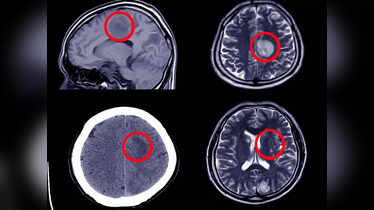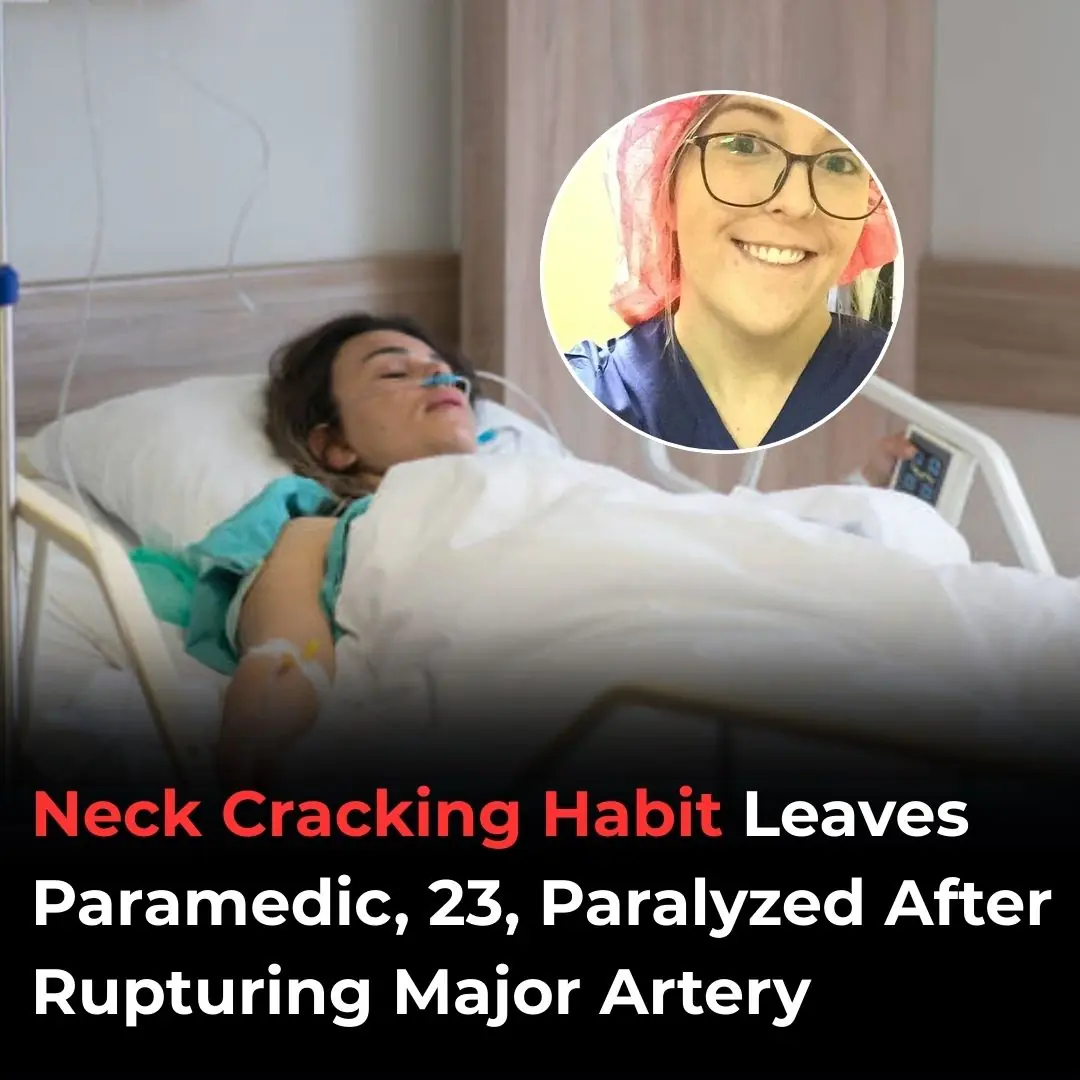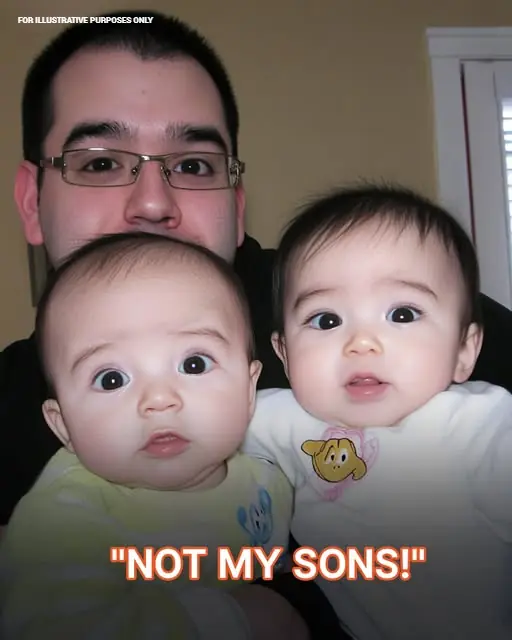
12 signs that may signal a brain aneurysm — Don’t ignore them
A brain aneurysm is a silent but potentially deadly condition that can strike without warning. It occurs when a blood vessel in the brain develops a weak spot and balloons out, creating pressure or, in severe cases, rupturing and leading to internal bleeding. The danger lies in the fact that most aneurysms do not present clear symptoms until it is too late. However, medical experts emphasize that there are early warning signs you should never ignore. Recognizing them could save your life or the life of someone you love. Here are 12 signs that may signal a brain aneurysm.
1. Sudden, Severe Headache
Often described as the “worst headache of my life,” this is one of the most common signs of a ruptured aneurysm. If you experience an explosive headache that comes on without warning, seek medical attention immediately.
2. Nausea and Vomiting
These symptoms often accompany a sudden headache and may indicate increased pressure in the skull due to bleeding or swelling caused by an aneurysm.
3. Blurred or Double Vision
A brain aneurysm pressing on the optic nerve can cause vision changes. If your vision suddenly becomes blurry or you see double, it’s time to get checked out.
4. Stiff Neck
A stiff or painful neck — especially when combined with other neurological symptoms — could point to bleeding in the brain or irritation of the meninges (the membranes covering the brain and spinal cord).
5. Sensitivity to Light (Photophobia)
People experiencing a brain aneurysm may become unusually sensitive to light, which is often another sign of irritation in the brain.
6. Seizures
A sudden seizure in someone with no history of epilepsy can be a red flag for a serious brain issue, including a ruptured aneurysm or brain hemorrhage.
7. Drooping Eyelid or Facial Weakness
If you notice one eyelid starting to droop or if part of your face feels numb or paralyzed, a brain aneurysm may be pressing on nerves in the brain.
8. Loss of Consciousness
Fainting or a sudden loss of consciousness is an extremely serious symptom and can be associated with a ruptured aneurysm causing significant brain damage.
9. Trouble Speaking or Understanding Speech
Slurred speech, confusion, or difficulty understanding what others are saying could be signs of a neurological event, such as a stroke or aneurysm rupture.
10. Difficulty Walking or Dizziness
Sudden issues with balance, coordination, or dizziness might indicate that an aneurysm is affecting the parts of the brain responsible for movement.
11. Pain Behind or Around the Eye
An unruptured aneurysm, especially one located near the eye socket, can cause localized pain due to pressure on surrounding nerves.
12. Personality or Behavioral Changes
While less common, some individuals with aneurysms may experience mood swings, confusion, or changes in behavior, especially if the aneurysm is growing and impacting brain function.
Why Early Detection Matters
Unruptured brain aneurysms can often be treated with surgery or careful monitoring, reducing the risk of a catastrophic rupture. Once an aneurysm bursts, the chances of death or permanent neurological damage increase dramatically. That’s why early detection and immediate medical attention are absolutely critical.
If you or someone you know is experiencing any combination of these symptoms — especially a sudden, severe headache with other neurological signs — don’t wait. Call emergency services or go to the nearest hospital. Time is brain.
Modern imaging techniques such as CT scans, MRIs, and angiograms make it possible to diagnose brain aneurysms before they rupture. But the first step is recognizing the symptoms and acting quickly.
Conclusion
A brain aneurysm doesn’t always come with warning, but when it does, it’s up to us to listen. The 12 signs above are not to be taken lightly. If something feels wrong, trust your instincts. Quick action can mean the difference between life and death — or between recovery and lifelong disability. Don’t ignore the signs. Your brain depends on it.
News in the same category


The #1 Anti-Cancer Food You're Not Eating (But Should!)

Discover the Untapped Potential of Chili Pepper Leaves: Nutritional Powerhouse for Your Health and Kitchen

Plantar Warts and Skin Tags Disappear Overnight with this recipe

Whiten Your Teeth and Instantly Freshen Your Breath with the Natural Power of Ginger and Baking Soda

I died for six minutes and saw what happens after death… this is what I experienced

People left mind-blown after just realizing what Durex stands for and it's not what you'd expect

Warning signs of a heart attack?

How Smoking Weed Affects Your Body During a Workout

Thailand: Covid-19 re-emerges with more than 53,000 infections, 16 deaths

Paramedic, 23, Left Paralyzed After Neck Crack Ruptures Major Artery

Common household chemical could be linked to more than 350,000 deaths in terrifying new study

A Natural Healing Source: 13 Impressive Benefits of Chayote Juice

Turn White Hair Dark Naturally: How Coffee Can Transform Your Hair at Home

8 Warning Signs of Kidney Failure You Should Never Ignore — Could Lead to Lifelong Dialysis

Vitamin K Precursor Shows Promise in Destroying Prostate Cancer Cells, New Research Finds

Simulation reveals harsh effects of Ozempic on the body

12 Best Natural Foods for Colon Cleansing and Detoxification

China makes bombshell claim about how Covid really originated after CIA said it was from lab leak
News Post

People left terrified after spotting creepy hidden face in group photo

4 types of people who should avoid eating cabbage

GRANDPA ASKED FOR ONE LAST FISHING TRIP—SO WE DROVE HIM OUT BEFORE THE HOSPITAL COULD CALL

The #1 Anti-Cancer Food You're Not Eating (But Should!)

Discover the Untapped Potential of Chili Pepper Leaves: Nutritional Powerhouse for Your Health and Kitchen

Plantar Warts and Skin Tags Disappear Overnight with this recipe

Whiten Your Teeth and Instantly Freshen Your Breath with the Natural Power of Ginger and Baking Soda

I died for six minutes and saw what happens after death… this is what I experienced

People left mind-blown after just realizing what Durex stands for and it's not what you'd expect

I Paid a Fortune Teller’s Bus Fare – The Note She Slipped Me Uncovered a Terrible Secret

Warning signs of a heart attack?

My Husband Sent Me to Deliver Dinner to His Sick Mom – Then My Lawyer Called Urgently, Yelling ‘Turn Back Immediately!’

MY DAUGHTER HAD HER FIRST CHILD—AND TOLD THE NURSES NOT TO LET ME IN

One of my boys got sick, so I took them both in for tests

How Smoking Weed Affects Your Body During a Workout

Thailand: Covid-19 re-emerges with more than 53,000 infections, 16 deaths

I stopped by McDonald’s for a quick meal and overheard a mom talking to her little girl

SHE KEPT SAYING “HE’S COMING BACK”—SO I STAYED
